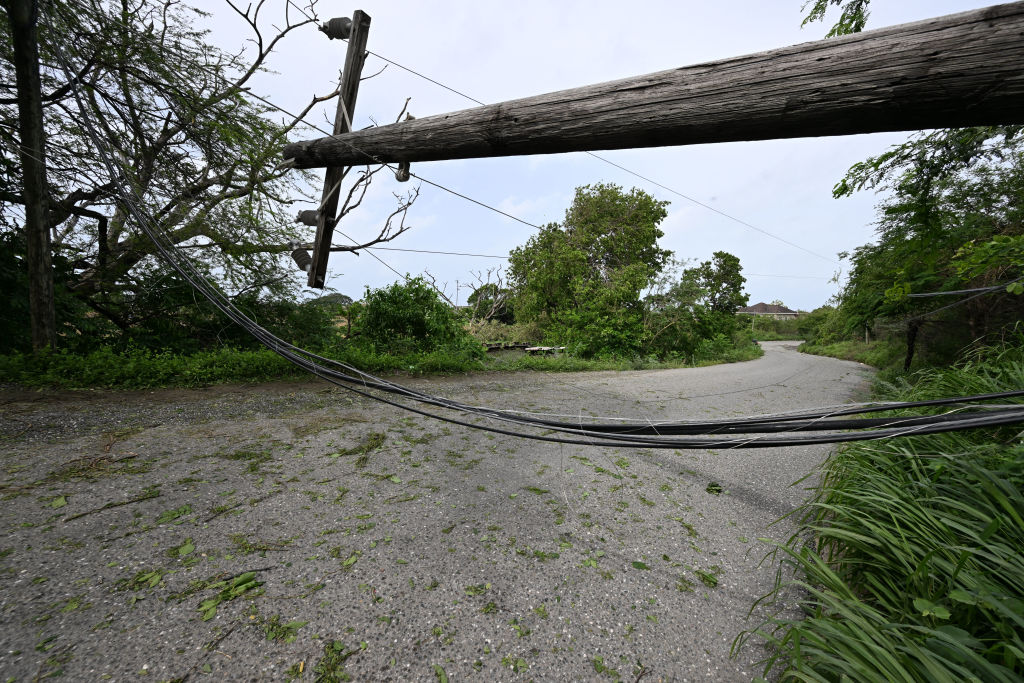Hurricane Preparedness: How to Stay Safe When a Storm Approaches

Hurricane season can be unpredictable and dangerous, but being prepared can make all the difference in protecting yourself, your loved ones, and your property. Hurricanes bring strong winds, heavy rain, flooding, and can sometimes even cause other disasters. Understanding how to prepare in advance can help you stay safe and reduce the impact of these powerful storms.
1. Know Your Risk
If you live in a coastal area or a region prone to hurricanes, it’s important to understand your risk level. Stay updated on local weather forecasts and listen to official warnings from trusted sources such as the National Hurricane Center or your local emergency management office.
2. Create an Emergency Plan
- Discuss with your family: Make sure everyone knows where to meet if you get separated.
- Plan evacuation routes: Identify several ways to leave your area if an evacuation order is issued.
- Designate an emergency contact: Choose someone outside your area to check in with.
- Include pets: Make plans for your pets, including shelter options.
3. Build an Emergency Supply Kit
Prepare a kit with essentials to last at least 72 hours. Include AT LEAST:
- Water (one gallon per person per day)
- Non-perishable food
- Flashlights and extra batteries
- First aid supplies
- Medications
- Important documents (IDs, insurance papers) in a waterproof container
- Cash
- Chargers for phones and other devices
- Blankets and clothing
- Portable charger
- Portable Generator
- Travel size toiletries
4. Secure Your Home
- Install storm shutters or board up windows.
- Bring outdoor furniture and decorations inside to prevent them from becoming dangerous projectiles.
- Clear gutters and drains to reduce flooding risk.
- Check your roof and make repairs if needed.
5. Stay Informed During the Storm
Keep a battery-powered radio or use your phone to listen for updates. Follow instructions from local officials closely, including evacuation orders. Avoid driving or walking through flooded areas — just six inches of moving water can knock a person down.
6. After the Hurricane
- Be cautious of hazards like downed power lines and contaminated water.
- Use text messages or social media to communicate with family and friends.
- Follow guidance from local authorities about returning home or accessing assistance.
Preparing for a hurricane isn’t just about weathering the storm; it’s about protecting what matters most: your life, your family, and your home. By staying informed, making a solid plan, and assembling your emergency supplies ahead of time.
TRENDING: Flood Disaster Checklist: 20 Things Every Texan Should Have
TRENDING: Pray For Hill Country: Photos of The Deadly Central Texas Floods












